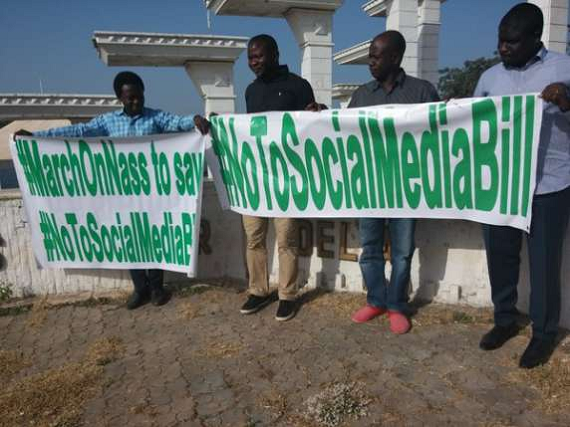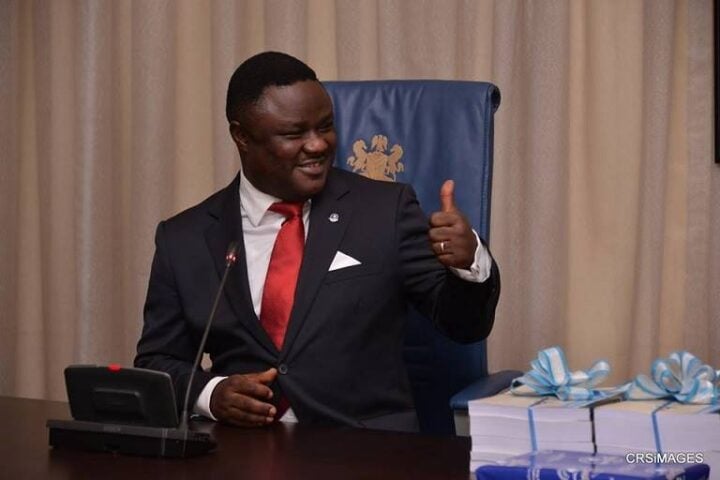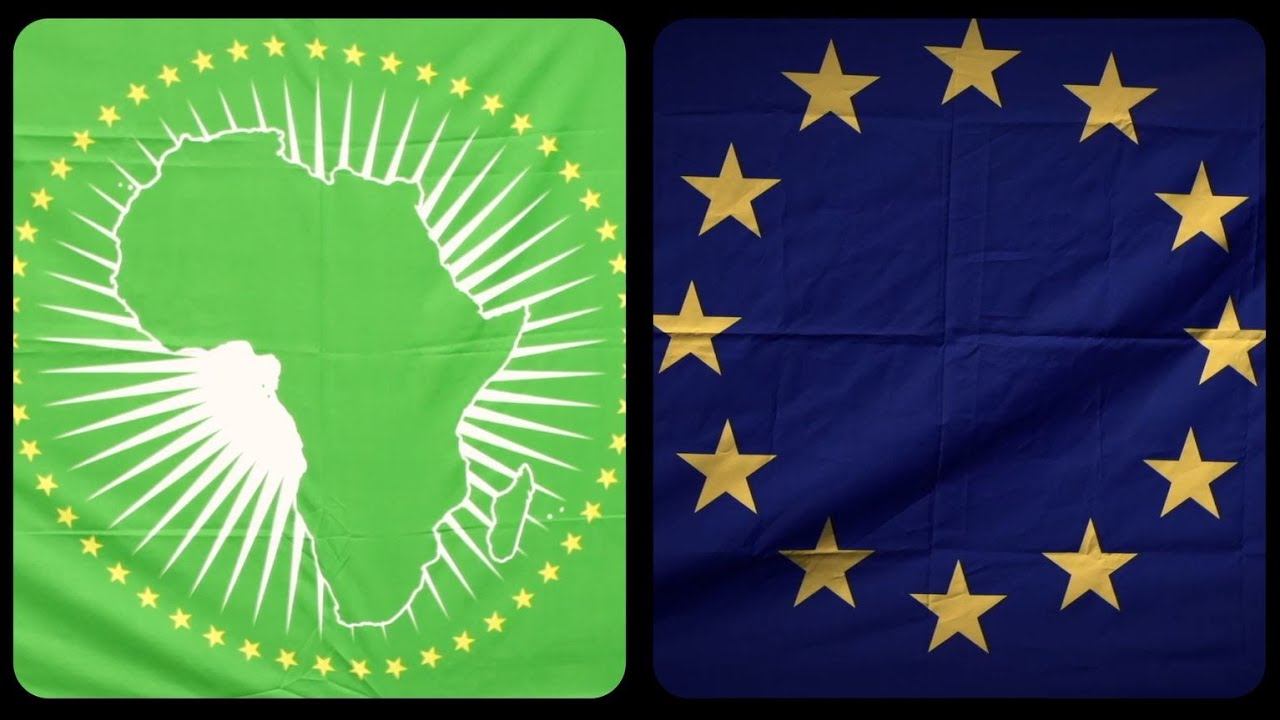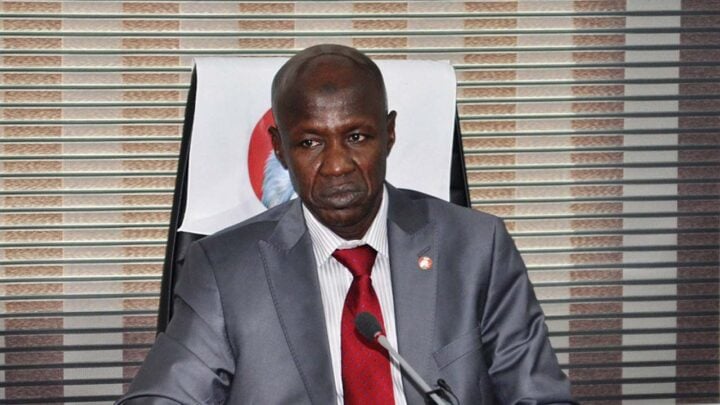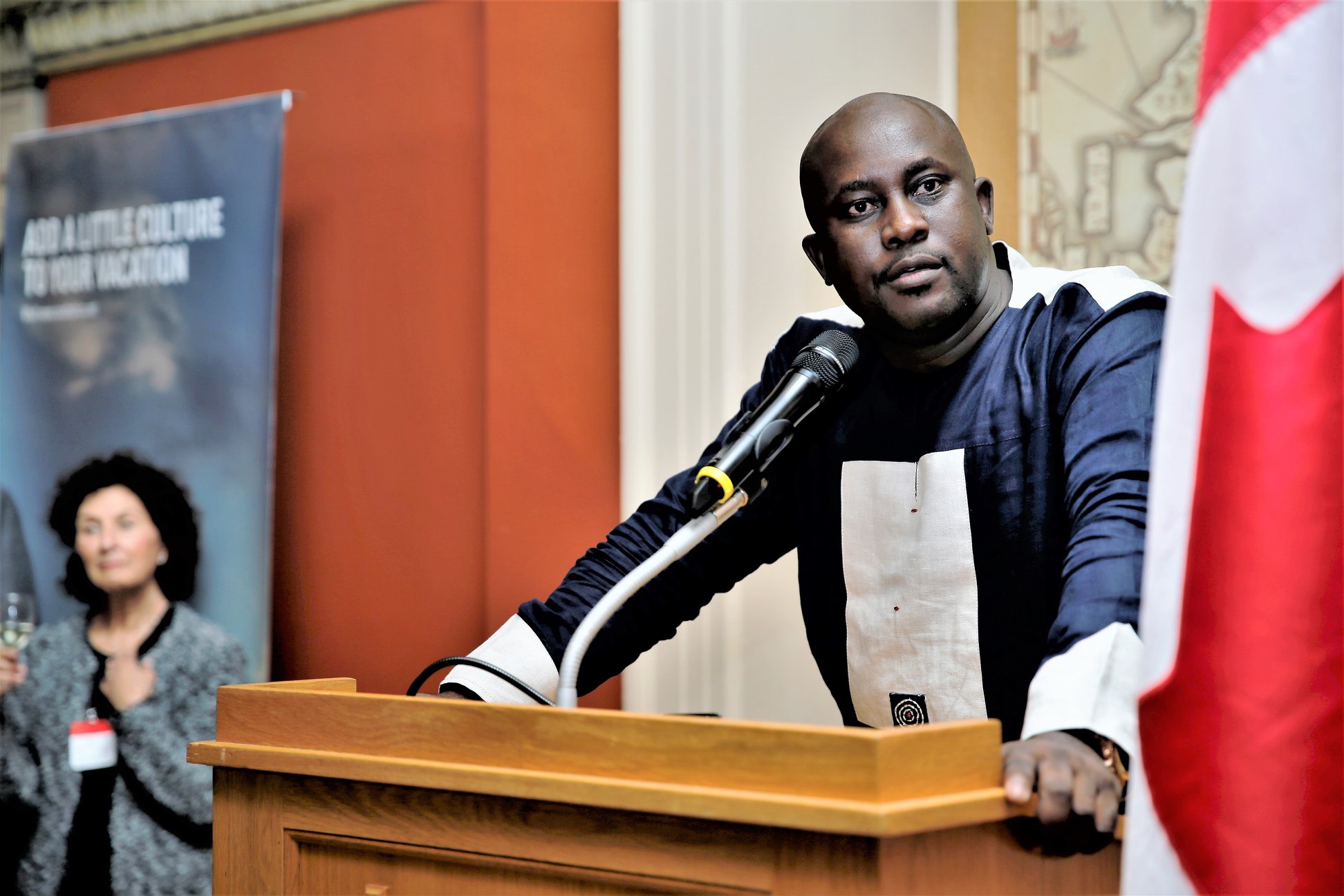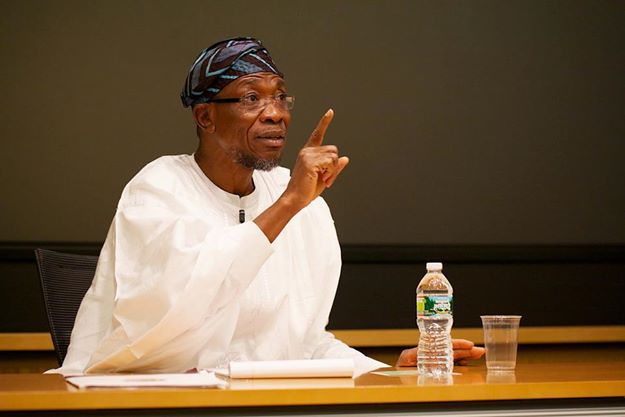BY JOHANNES TOBI WOJUOLA
There is the easy temptation to join the bandwagon of voices that oppose any attempt by government to suggest in any form the regulation of the internet space. It is popular – and the words to criticise come more easily than those that provide a broader outlook to the issue. Governments are scarcely trusted, even when they have the best intentions. The suspicion is only fair.
With the anticipated Public Hearing by the National Assembly on the Protection From Internet Falsehood And Manipulations Bill, the questions of free speech and its limit are going to own the debate space, more than ever.
Not everyone is welcoming of regulation, even self-regulation. But with hate speech and fake news dished to the timelines of social networks, and genuine calls by some stakeholders that government must find ways to correct this, there is the belief that there should be stronger laws to curb it. Some popular social media accounts, even some notorious activists who are most renowned for their ungoverned posts – not just that they’re critical of government, but that they boastfully post lies without a residue of truth for even credibility’s sake and make the most inciting comments – make this call for regulation all the more necessary.
There is the saying that “Hate crimes are preceded by hate speech.” Examples from history, of the holocaust and the Rwandan genocide, are good lessons to teach us the truth of this aphorism.
Advertisement
The hope that users would self-regulate has not fetched the desired results. In fact, there are those who have posted hateful content and fake news, when called out on their acts, in stiff-neckedness would refuse to recant, apologize and delete – or even either of the three. Thus the options to regulate have now been left in the hands of either social media platforms or government, or both.
Social media platforms are now fact-checking and even cordoning the content posted to their platforms. They have little options but to do so, markedly for the credibility of their platforms. There are those who hold this view, and I am one of them, that social media platform companies should be the “Governors” of what stays and what goes on their platforms. Twitter seems to be taking steps in this direction with its policies on regulating political ads.
Yet, users are the preferred regulators of their own speech. If we must protect the freedom of speech, we must show that we value it. Unfortunately, this has less often been the case. The freedom of speech and expression has been abused by many users of the internet. They have on many occasions crossed the line between the expression of themselves and the duty to regard others, their dignity and the peace of the State.
Advertisement
In a passionate speech German Chancellor, Angela Merkel made to her parliament, she noted: “Expressing an opinion does not come at zero cost. But freedom of expression has its limits. Those limits begin where hatred is spread. They begin where dignity of other people is violated. This house will and must oppose extreme speech. Otherwise our society will no longer be the free society that it was.”
Laws to regulate speech, and its use on the internet are necessary. Yet, there is the valid fear that the broad powers of the state would stretch beyond the boundaries of fairness and not just the protection of the people, but the preservation of state actors in the implementation of any regulation to content posted on social media. Striking a balance is key.
The line between censorship and regulation of content posted to social media has to be drawn by the actors in government.
The lawmakers who have chosen to take the perhaps unpopular route of introducing laws to regulate the use of the internet have met an ironclad wall of rigid users who do not want to see reason with them. This is not surprising – government is all too often hardly trusted in any clime. This does not mean that they would not do their work especially where valid concerns are raised.
Advertisement
Good intent does not necessarily produce good laws. How and what is to be regulated are questions that should matter. Not an absolute denunciation of regulation. To be of the adamant position that there must be no regulation to free speech – which has never been absolute – is to want in appreciating governance.
As the lawmakers do their jobs, citizens must microscopically pore through each line, each clause, and each punctuation, and sieve for ambiguities, superfluous items, duplicities, overreaching provisions, and red herrings that have been sleekly sneaked into the Bills, and seek their amendments or outright removal. There should be the watch for items that outrightly censor speech and expression – even before they are uttered or posted.
I have read arguments that Nigeria already has enough extant laws to tackle incitements made on social media, including the more recent Cyber Crimes Act. I cannot agree more. Perhaps this is something that the lawmakers should consider even as they listen to citizens and pressure groups pour their thoughts before them: amend the existing laws to provide them broader scopes that cover contemporary matters, and the valid themes raised by the new Bill being put forward.
Whichever way the pendulum swings: whether an overhaul of the current content and form of the Bill, or its jettison for amendment of extant laws that cover hate speech and fake news on the internet, the courts in interpreting these laws would need to ensure that on every case, it draws the line drawn between the rule of law and the excessiveness of law enforcement.
Advertisement
Freedom of speech is never absolute. And this is because if speech is allowed to be absolute, there would be no remedy for a situation where the exercise of this freedom leads to the infringement on the rights and freedoms of others – whether of dignity, of life, or from discrimination, or of privacy, or whatever rights and freedoms that have been guaranteed by our constitution.
Whilst Section 39 of the 1999 Constitution provides for the right/freedom of speech and expression, Section 45 of the same constitution expressly claws back this freedom, making it a non-absolute right when it provides that limitations to free speech can be made in the interest of defence, public safety, public order, public morality or public health or for the purpose of protecting the rights and freedom or other persons.
Advertisement
As we are handed the constitutional freedom of speech, we must have it at the back of our minds that the freedom to express comes with a duty towards others. And for the lawmakers, the mandate to make laws should be governed not by the preservation and protection of themselves, but of the preservation and protection of the rights and freedoms of all Nigerians.
At the end of the day, the exercise of our freedom of speech comes with a duty to respect the freedoms and rights of others. The very reason this freedom exists, in fact, is because others have exercised the restraint of theirs.
Advertisement
Wojuola is a lawyer, and the former editor-in-chief of LOL! Magazine.
Advertisement
Views expressed by contributors are strictly personal and not of TheCable.
Add a comment
